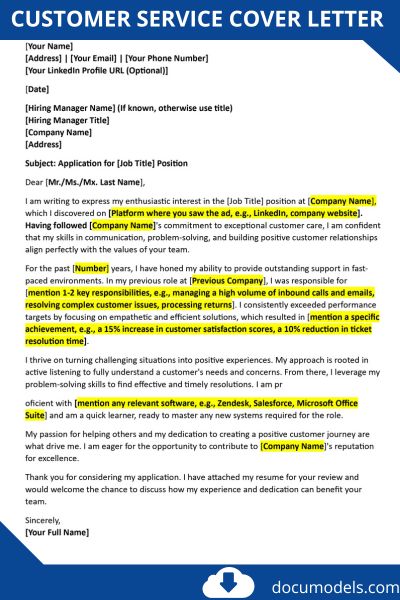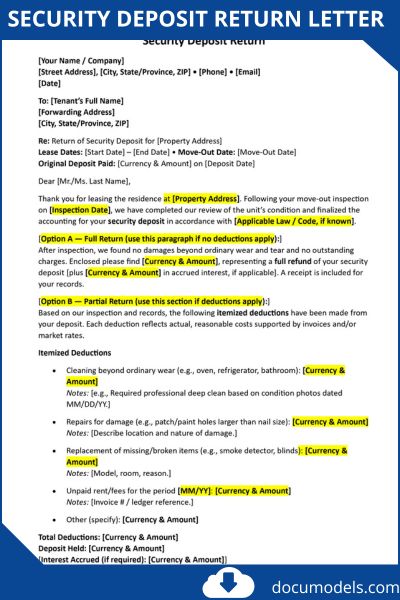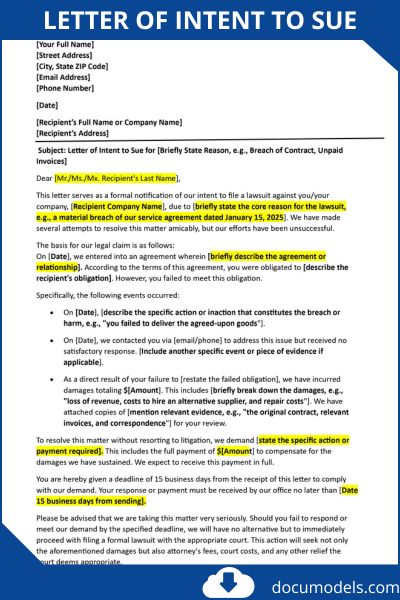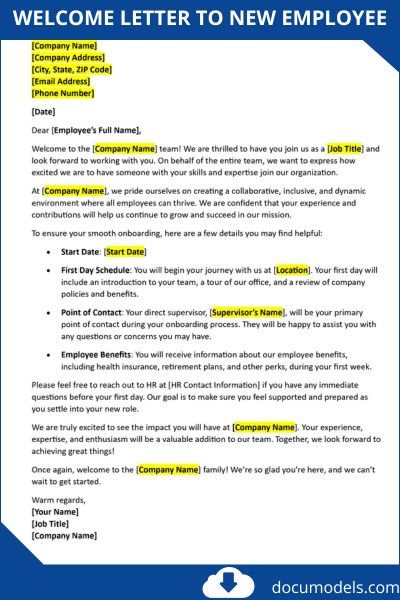A well-crafted reference letter can be a game-changer for students, opening doors to incredible academic and professional opportunities.
Whether they are applying for college, seeking a scholarship, or pursuing an internship, a well-crafted reference letter can make a significant difference in their application.
Such letters provide a unique opportunity to highlight the student’s strengths, achievements, and potential, offering a perspective that goes beyond grades and test scores. They can showcase the student’s character, work ethic, and contributions to their community, painting a comprehensive picture that admissions officers or employers might not otherwise see.
In this article, we will explore the essential elements that make up a letter of recommendation, including what information to include, how to structure it, real-life examples of letters, and tips for personalizing your letter and making it stand out.
Table of Contents
- 1 What is a Reference Letter for a Student?
- 2 Who Writes a Reference Letter?
- 3 Importance of a Reference Letter for Students
- 4 Basic Structure of a Reference Letter
- 5 How to Write a Reference Letter for a Student
- 5.1 Step 1: Understand the Purpose of the Letter
- 5.2 Step 2: Start with a Professional Salutation
- 5.3 Step 3: Introduce Yourself and Your Relationship with the Student
- 5.4 Step 4: Highlight the Student’s Strengths
- 5.5 Step 5: Tailor the Letter to the Opportunity
- 5.6 Step 6: End with a Strong Closing Statement
- 5.7 Step 7: Sign Off Professionally
- 6 Reference letter for student examples
What is a Reference Letter for a Student?
A reference letter, also known as a letter of recommendation, is a document written by someone who knows you well—typically a teacher, mentor, or employer. Its primary purpose is to highlight your skills, character, and achievements for a specific opportunity, such as:
- College or university admissions
- Scholarship applications
- Internships
- Job applications
- Study abroad programs
Who Writes a Reference Letter?
The person writing a reference letter, often referred to as the referee, should have a solid understanding of your skills, accomplishments, and potential.
Common referees for students include:
- High school teachers
- University professors
- Academic advisors
- Supervisors from internships, volunteer work, or part-time jobs
- Mentors in extracurricular activities, clubs, or organizations
The key is choosing someone who can provide a detailed and positive evaluation tailored to the opportunity you’re pursuing.
Importance of a Reference Letter for Students
A reference letter can significantly impact your chances of acceptance or success in your application.
Here’s why it’s important:
- Adds Credibility
A reference letter serves as proof of your academic or professional abilities. It’s one thing for you to list your skills on your résumé, but when someone else vouches for you, it carries much more weight. - Personalizes Your Application
It provides a personal touch by offering context and illustrating your unique attributes. For instance, a teacher might share an anecdote about how you handled a challenge or demonstrated exceptional critical thinking skills. - Differentiates You From Others
When competition is tight, especially for scholarships or admissions, a glowing reference letter can set you apart from candidates with similar qualifications. - Highlights Important Characteristics
It sheds light on characteristics that are hard to measure through grades or test scores, such as leadership, teamwork, perseverance, or creativity. - Builds Trust
A well-written letter from a respected professional reinforces your application’s authenticity and encourages decision-makers to trust your abilities.
Basic Structure of a Reference Letter
An effective reference letter follows a standard structure to ensure clarity and professionalism. Here’s a breakdown of its main components:
1. Introduction
The opening paragraph presents the referee and their relationship to you. It should answer these questions:
- Who is the writer?
- What is their professional role or title?
- How do they know the student?
- How long have they known the student?
Example: “I am pleased to write this reference for Sarah Johnson, a student in my Advanced Mathematics class for two years. During this time, I have witnessed Sarah’s remarkable problem-solving skills and her dedication to academic and personal growth.”
2. Body Paragraphs
The body of the letter is where the referee highlights specific qualities, achievements, and examples that make the student stand out.
- Qualities and Skills
Mention the student’s skills and how they relate to the opportunity. For example:- Academic strengths (e.g., analytical thinking, research ability)
- Personal traits (e.g., responsibility, resilience, creativity)
- Leadership and teamwork
- Achievements and Experiences
Share specific examples of accomplishments. Narratives or anecdotes make the letter more compelling.
Example: “Sarah demonstrated exceptional leadership during the school’s STEM project. She led a team of five students in developing a solar-powered water purifier, which won first place at the regional science fair.”
3. Closing Statement
The referee ends the letter by summarizing their endorsement and expressing confidence in the student’s ability to excel in the desired program or position. They should also include their contact information for follow-ups.
Example: “I am confident that Sarah’s skills, work ethic, and determination will make her a valuable addition to your program. Please feel free to contact me at [email address] or [phone number] if you have any questions.”
4. Signature
The letter concludes with the referee’s signature, full name, and title. This adds authenticity to the document.
How to Write a Reference Letter for a Student
When writing a reference letter, your goal is to endorse the student’s abilities, qualities, and potential.
Follow these steps to craft a strong recommendation:
Step 1: Understand the Purpose of the Letter
Before starting, ask the student for details about:
- The institution or program they are applying to (e.g., college, scholarship, internship).
- The specific qualities or experiences the program or employer values.
- Any deadlines and delivery methods (online submission, email, or physical copy).
Step 2: Start with a Professional Salutation
Address the recipient formally. If possible, use their name:
- Example: “Dear Admissions Committee,” or “Dear Hiring Manager.”
If the recipient is unknown, a general salutation such as “To Whom It May Concern” is acceptable.
Step 3: Introduce Yourself and Your Relationship with the Student
Briefly explain who you are and your connection to the student to establish credibility.
Include:
- Your name, title, and professional role.
- How long you’ve known the student.
- The capacity in which you’ve worked with them (e.g., teacher, mentor, coach).
Example: “I am Jane Doe, a history teacher at Lincoln High School, and I’ve had the pleasure of teaching Sarah Smith for the past two years in Advanced Placement courses. I’ve also been her advisor for the debate team.”
Step 4: Highlight the Student’s Strengths
Focus on the skills, qualities, and achievements that make the student a strong candidate:
- Academic accomplishments: Specific subjects, grades, or awards.
- Character strengths: Honesty, leadership, resilience, etc.
- Relevant experiences or activities: Clubs, internships, or responsibilities.
Use specific examples to back up your praise.
Example: “Sarah consistently demonstrated exceptional critical thinking and analytical skills in my class. For instance, during our term project on the Civil War, she conducted extensive research and presented a nuanced argument that impressed both her peers and me.”
Step 5: Tailor the Letter to the Opportunity
Connect the student’s skills to what the program or opportunity requires. Avoid using generic praise; instead, make it relevant.
Example: “Given her dedication and disciplined approach to learning, I am confident that Sarah would excel in the rigorous academic environment of your university.”
Step 6: End with a Strong Closing Statement
Reaffirm your endorsement and invite the recipient to reach out for more information.
Example: “I strongly recommend Sarah Smith for admission to your university. Please feel free to contact me at [email@example.com] or (555) 123-4567 if you have any further questions.”
Step 7: Sign Off Professionally
Include:
- A formal closing, such as “Sincerely” or “Best regards.”
- Your contact information (email and phone number).
- Your signature (if submitting a physical letter).
Reference letter for student examples
Sample 1:
[Your Name]
[Email Address]
[Phone Number]
[Date]
[Recipient’s Name]
[Recipient’s Title/Position]
[Institution/Organization Name]
[Address]
Subject: Recommendation for [Student’s Full Name]
Dear [Recipient’s Name],
It is with great enthusiasm that I write this reference letter for [Student’s Full Name], who has been under my instruction/mentorship at [Your Institution/Organization Name] for [time period]. During this time, I have had the opportunity to witness their growth and achievements firsthand, and I am confident in their ability to excel in [specific purpose, such as academic programs/internship/job role].
[Student’s First Name] consistently demonstrates [specific quality, e.g., exceptional dedication, intellectual curiosity, or leadership skills]. [He/She/They] has excelled in coursework relating to [relevant subject or skill, e.g., engineering, marketing, or literature], showcasing strong aptitude and a passion for learning. One of the most notable achievements during our time together was [specific accomplishment, e.g., successfully leading a group project, earning the highest grade in a challenging class, or organizing an event/initiative].
Beyond academic accomplishments, [Student’s First Name] exemplifies qualities such as [mention qualities like responsibility, teamwork, or communication skills]. For example, [provide a short anecdote or experience that demonstrates these qualities]. [He/She/They] showed great initiative and professionalism in [specific task or situation], which made a lasting impression on both peers and faculty/colleagues alike.
I have no doubt that [Student’s First Name] will bring the same level of excellence and commitment to [specific area, e.g., the program, role, or opportunity they are applying for]. Their combination of [key traits, e.g., academic strength, strong work ethic, and interpersonal skills] makes them a truly exceptional candidate, and I believe they will make meaningful contributions to your [institution/program/organization].
Please don’t hesitate to contact me at [your email] or [phone number] if you require further information or wish to discuss [Student’s First Name] in more detail. I am more than happy to provide additional insight into why I believe [he/she/they] are uniquely suited for this opportunity.
Thank you for considering this recommendation.
Sincerely,
[Your Full Name]
[Your Institution/Organization Name]
Sample 2:
[Your Name]
[Title/Position]
[Your Organization/Institution Name]
[Email Address]
[Phone Number]
[Date]
To Whom It May Concern,
I am writing to provide my wholehearted recommendation for [Student’s Full Name], who I have had the pleasure of working with during [time period] at [institution/organization name or capacity]. Throughout this time, I have been continually impressed by [Student’s First Name]‘s exceptional drive, talent, and personal qualities, which make [him/her/them] an outstanding candidate for [specific opportunity, e.g., academic program, internship, job role].
From the outset, [Student’s First Name] has shown remarkable [key skill or quality, e.g., creativity, analytical ability, leadership]. [He/She/They] excelled in [specific area of work or study, e.g., coursework, project, or research], particularly in [mention a specific subject, task, or goal achieved]. One example of [his/her/their] remarkable abilities was during [describe a significant achievement, e.g., leading a challenging project, winning an award, contributing to a research study, etc.].
What truly sets [Student’s First Name] apart is [his/her/their] unwavering dedication to excellence paired with a strong sense of collaboration and empathy. [He/She/They] have consistently demonstrated [additional positive traits, e.g., an ability to communicate effectively, work well with others, or think critically in high-pressure situations]. A memorable instance of this is [illustrate a brief story or anecdote showcasing a specific trait or positive behavior].
I am confident that [Student’s First Name]’s unique combination of skills and qualities—[list a few strengths such as problem-solving, adaptability, or motivation]—will ensure [his/her/their] success in [specific context]. [He/She/They] approach challenges with enthusiasm and professionalism, a quality I believe will benefit [your institution/program/organization].
Please feel free to reach out to me at [your email address] or [your phone number] if you require any additional information or would like to discuss [Student’s First Name] further. I am happy to share more about why I hold [him/her/them] in such high regard.
Thank you for considering this recommendation. Sincerely,
[Your Full Name]
Format model to edit
Related Articles:







